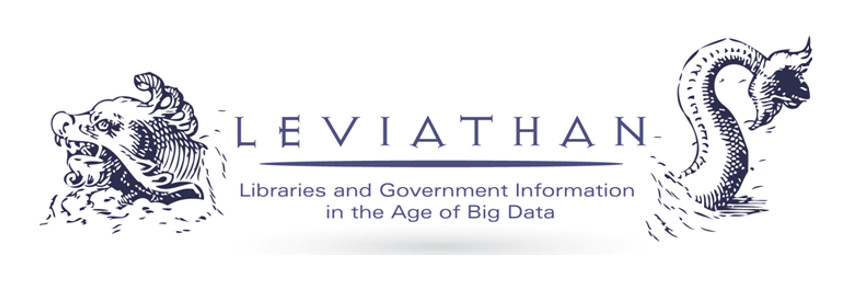
As you know, CRL has long collected and preserved the documents and publications of domestic and foreign governments, and has acquired in microform the archives of many of those regimes. This has been a way of ensuring that information and documentary evidence vital to scholarship remains available to researchers for the long term.
The digital environment brings new complexities and uncertainties to our task. The immense oceans of information that government agencies produce and collect today, and the inherent fluidity and impermanence of digital media, require a fundamental rethinking of longstanding preservation practices.
At the same time, those very technologies are creating tremendous new possibilities for information access and management. Governments worldwide are committing to “open data,” and a growing army of activists and entrepreneurs are now embracing government transparency as a cause, if not a business opportunity.
The 2014 Global Resources Forum Leviathan: Libraries and Big Government in the Age of Big Data, convened by CRL on April 24-25, explored these new realities and examined the complexities and opportunities that they present. Forum speakers – leaders, experts, practitioners, and creative thinkers in the field -- identified ways in which “e-government” threatens the long-term integrity and accessibility of government information. The discussions also yielded five broad strategies that research libraries, individually and collectively, can adopt to address those threats.
The presentations and discussions are now archived online at: www.crl.edu/leviathan. A full report of the event and a detailed action plan for CRL will appear in CRL’s newsletter this summer. Meanwhile, I want to you give you the attached brief synopsis of the challenges and strategies, as they will inform CRL planning and priorities in the field of government information for the coming years.
The activities called for may not resemble those one traditionally associates with CRL, but we believe that they are best suited to the challenges we face. I welcome your thoughts and advice.
Bernard F. Reilly
President (2001-2019)
Center for Research Libraries